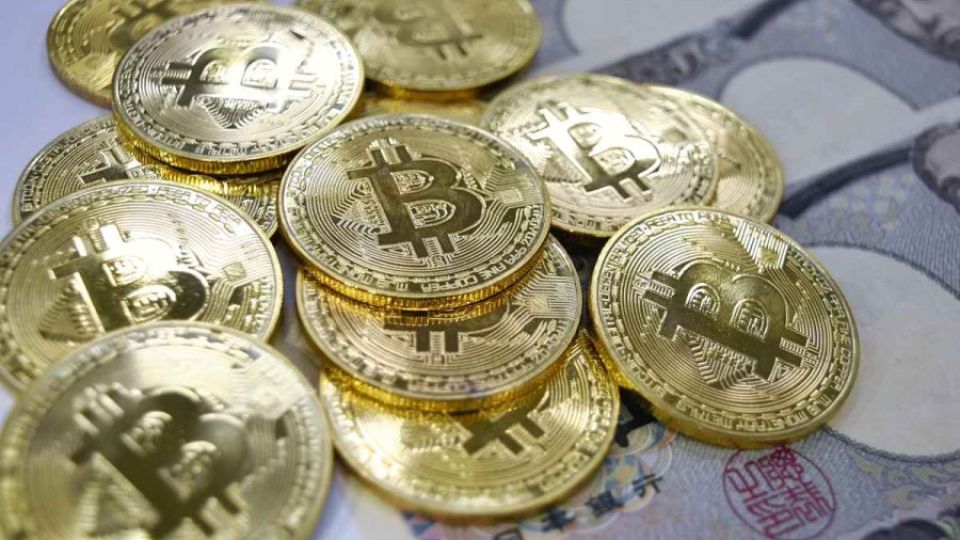December 16, 2024
TOKYO – The Financial Services Agency has begun to consider toughening regulations on cryptocurrencies, it has been learned.
The FSA is holding closed-door discussions with experts for the safe trading of cryptocurrencies and is eyeing revisions to the Payment Services Law, the Financial Instruments and Exchange Law and other related laws.
If cryptocurrencies come to be regarded as financial products, on which stricter regulations can be imposed compared to now, it is possible that this will lead to reconsiderations of the taxation systems on them.
Cryptocurrencies, such as bitcoin, are currently regulated by the Payment Services Law, which mainly stipulates rules on payment settlements.
While the presence of cryptocurrencies has been on the rise as an investment vehicle, there has been an increasing number of troubles caused by unregistered cryptocurrency trade brokers.
A problem has also been growing wherein individuals and organizations encourage people to buy specific kinds of cryptocurrencies under the guise of offering advice.
Therefore, the FSA is considering the pros and cons of strengthening regulations on cryptocurrencies.
The FSA aims to conclude the issue by the end of fiscal 2024. If it judges that a toughening of regulations is necessary, the FSA will consult with the Financial System Council on a plan of action during fiscal 2025.
The FSA is also considering an option wherein cryptocurrencies will be regarded as financial products regulated by the Financial Instruments and Exchange Law with new regulations imposed on them.
If the revisions are realized, it is likely that the FSA will be able to oblige issuers of cryptocurrencies to disclose the details of their businesses and cryptocurrency brands. Penalties on unregistered brokers and other businesses trading cryptocurrencies could also be increased.
The impetus behind the FSA’s plan is the current rapid increase in cryptocurrency trading.
According to the Japan Virtual and Crypto Assets Exchange Association, the number of accounts opened for trading cryptocurrencies in Japan exceeded 11 million as of September. The figure is a 3.5-fold increase from five years ago.
In the United States, the listing of exchange-traded funds (ETFs) which invest in bitcoins was approved in January.
U.S. President-elect Donald Trump has declared his intent to make the United States the center of cryptocurrencies trading in the world. Thus, attention paid to cryptocurrencies as investment vehicles has been increasing further.
If the Financial Instruments and Exchange Law regulates cryptocurrencies, it is possible that the government will consider lowering taxes on them.
The tax rate on profits from stocks, bonds and investment trust funds, which are regulated by the law, is 20%.
Tax rates on profits from the trading of cryptocurrencies are as high as 55% because the profits are categorized as “miscellaneous income” under taxation laws.
The Democratic Party for the People on Nov. 20 demanded that the tax rate on profits from cryptocurrencies be lowered to 20% in its letter of requests about taxation systems which was submitted to the ruling coalition.
The Japan Virtual and Crypto Assets Exchange Association has also asked for a review of the taxation system on cryptocurrencies.

